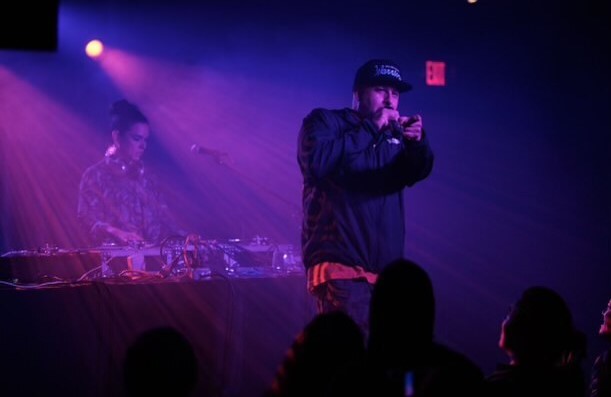Videos of passengers rejoicing went viral on Monday after the Transportation Security Administration (TSA) announced it would no longer require masks on planes and public transportation. But for many touring musicians across the country, it wasn’t a moment for cheers—more like a giant, collective gulp.
After all, prior to the federal court ruling that prompted the TSA’s policy change, many nightclubs nationwide—even in COVID-cautious cities like San Francisco—stopped requiring masks and checking vaccines. Planes and public transportation were some of the last crowded areas where masks were required, and now that final layer of protection has been stripped away.
COVID cases are climbing in the U.S. due to the omicron BA.2 subvariant, and public health experts warn that they’re probably undercounted because of decreased lab testing. As a result, some independent artists are weighing health concerns and financial risks against their aspirations to make a living from their craft.
“Artists don’t make a ton. Oftentimes they don’t have any health insurance. If they do get sick, it can be a crisis, especially with a sickness like this,” says Oakland rapper Lateef the Truthspeaker.
Indeed, if a musician gets COVID on the road, not only would they and their crew lose income from canceled gigs, but they’d also be responsible for out-of-pocket expenses like rescheduled flights and hotels in which to quarantine while far from home. And that’s after two years without touring, the primary way most independent musicians make a living.


